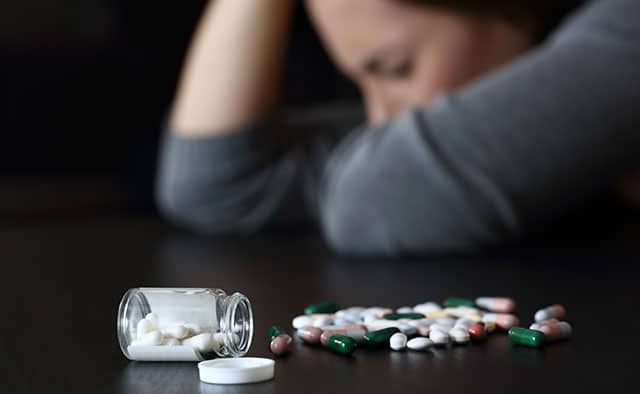Addiction is a complex mental disease suffered by millions of persons across different socioeconomic groups, backgrounds, and ages. This disease affects the brain, so you shouldn’t see it as a moral failure, character flaw, or weakness. Typically, an individual is often addicted to certain compulsive behaviors such as shopping or gambling. It can also be substance-induced addiction to chemicals such as alcohol and drugs.
The good news is that there’s a road to recovery path you can follow to free yourself from the addiction. And to start this quest, here’s a guide detailing the five things you need to know about addiction and recovery.
Addiction Isn’t A Choice
The same way other parts of your body, such as your lungs, get infected by asthma is the same way addiction affects your brain. However, you needn’t feel less of a person for being an addict because engaging in these self-destructive habits is often beyond your control despite how much willpower you have. This is why you should get help from this disease, like how you’d have gone to the hospital for any other condition such as diabetes and heart disease.
Recovery Is A Lifelong Process
Addiction recovery isn’t a one-off treatment, and you’re good to go free from your addiction struggles. Instead, it’s a lifelong journey that you must embrace because addiction treatment only provides you with the necessary tools for managing this condition. This is because addiction recovery needs long-term management through observing healthy lifestyle choices, self-monitoring, and counseling.
With this in mind, you should be ready to embrace this addiction recovery path, knowing that it’ll take time. If you relapse, don’t consider it a failure because most people find themselves in such situations at least once. This is why many people refer to themselves as recovering addicts to remind themselves they aren’t fully treated for addiction.
You’ll Still Feel The Pain
While addiction recovery will positively impact your life, you should be ready to handle some mental and emotional pain during this entire process. This is expected considering your brain got used to the addiction, and freeing yourself from this mental health condition won’t be a smooth path. Therefore, you should be ready to face these challenges that come your way during addiction recovery. You can get help from a family member or friend to prevent relapsing.
Going To Rehab Isn’t Cure To Your Addiction
It’s no doubt going to rehab is a prudent decision, but this alone isn’t the cure to your addiction. Instead, you’ll need to know of both the physical and mental treatments to stand any chance of fighting off your addiction. This is what you’ll be taught while in rehab, where you’ll get treated for your addiction by resolving underlying issues that caused it in the first place. You’ll also be taught disciplinary skills, which will take 30, 60, or 90 days. Nonetheless, you must commit to addiction recovery even after leaving the rehab facility.
There’s Still Stigma
As a recovering addict, you should be ready to deal with stigma even after being clean. Learning this is essential to prevent relapsing due to judgment from others. It’s also best to get help from as many supportive friends or family while recovering to stand a better chance of withstanding any stigma that comes your way.
The Editorial Team at Healthcare Business Today is made up of skilled healthcare writers and experts, led by our managing editor, Daniel Casciato, who has over 25 years of experience in healthcare writing. Since 1998, we have produced compelling and informative content for numerous publications, establishing ourselves as a trusted resource for health and wellness information. We offer readers access to fresh health, medicine, science, and technology developments and the latest in patient news, emphasizing how these developments affect our lives.








